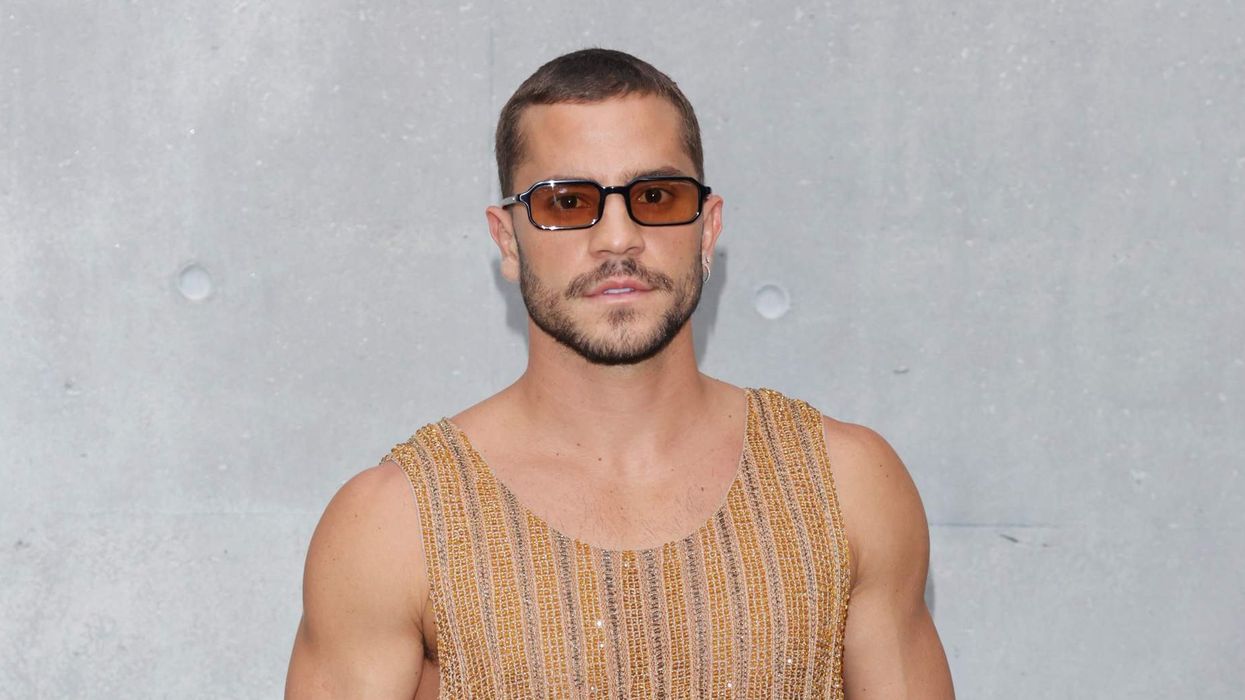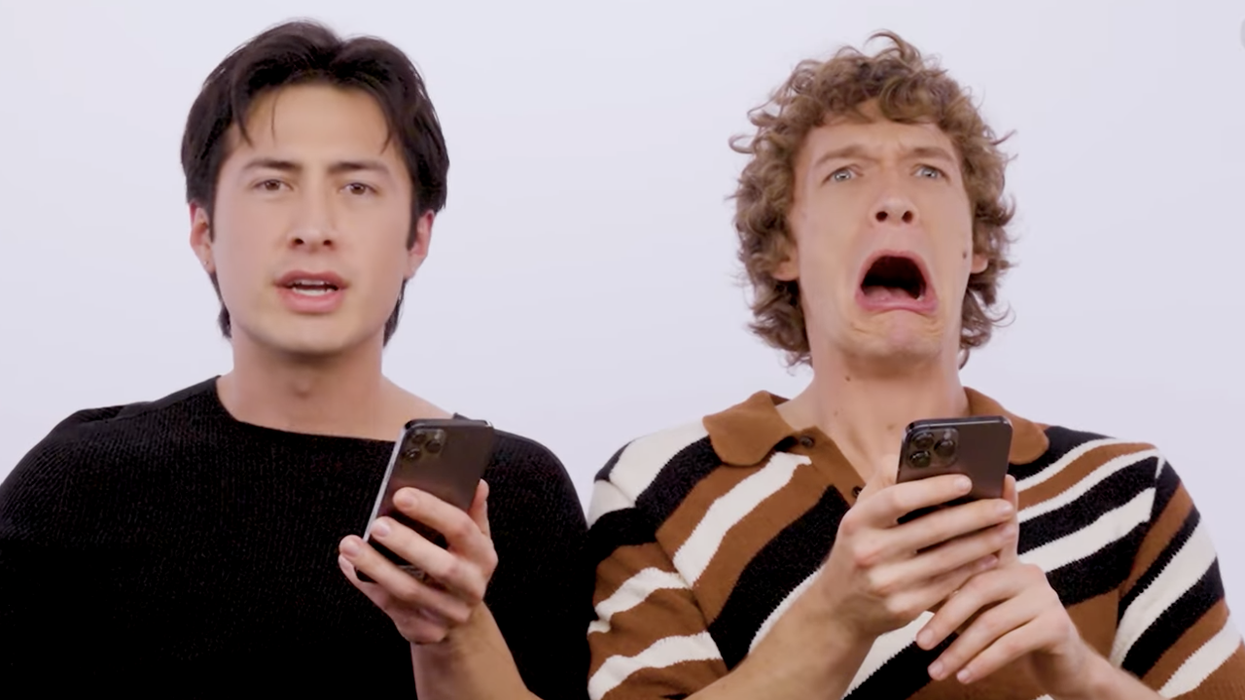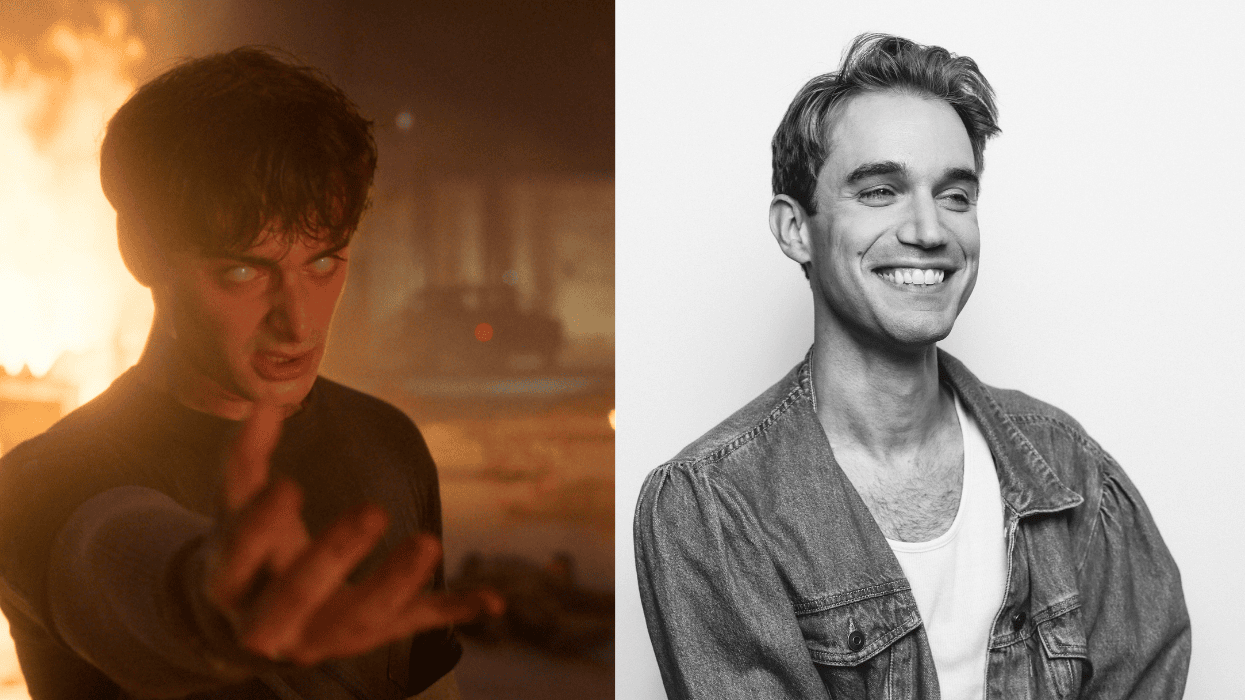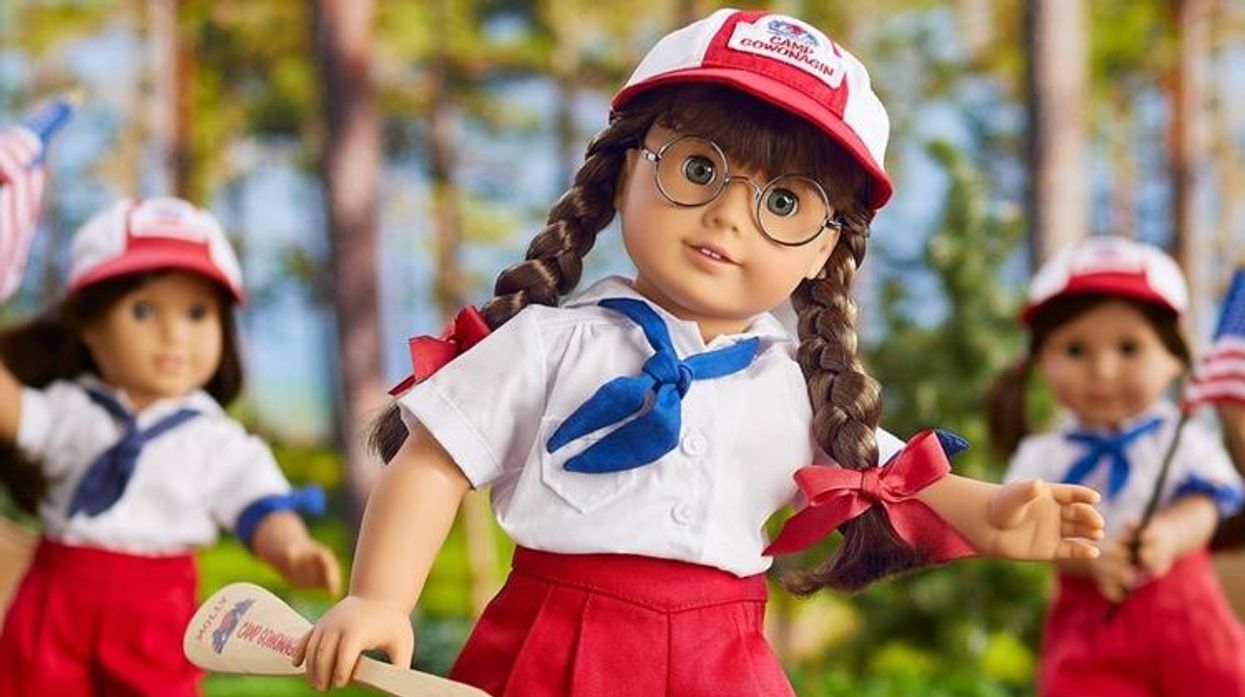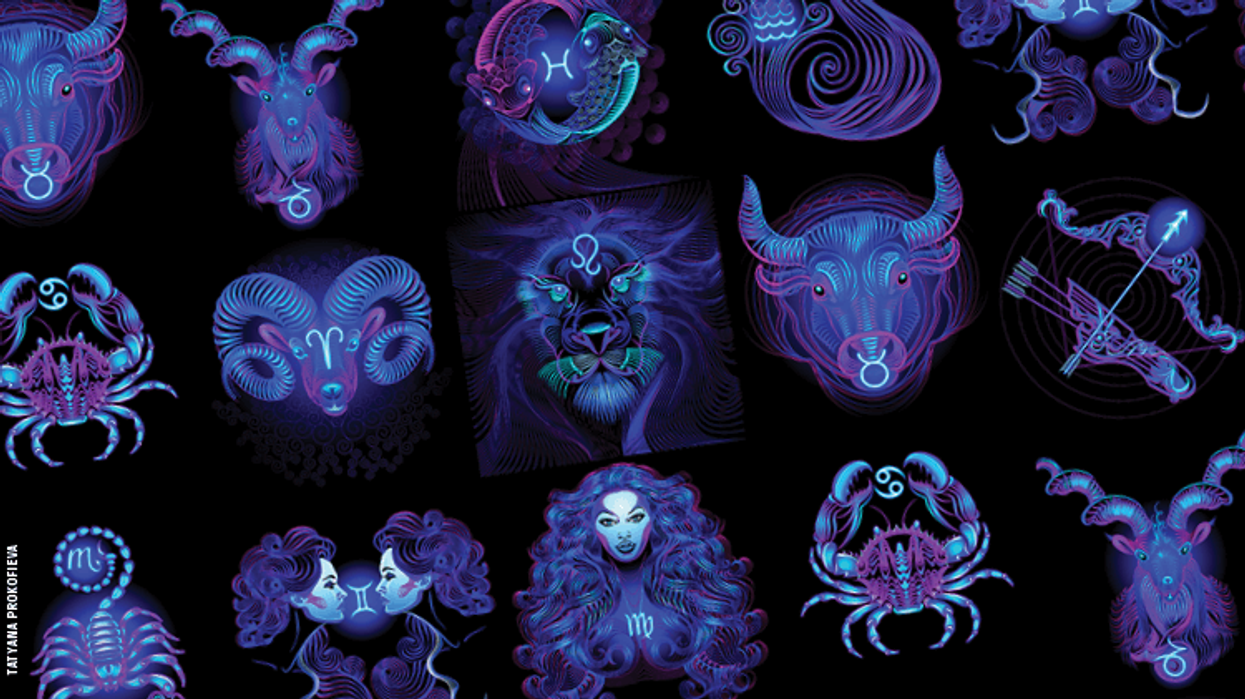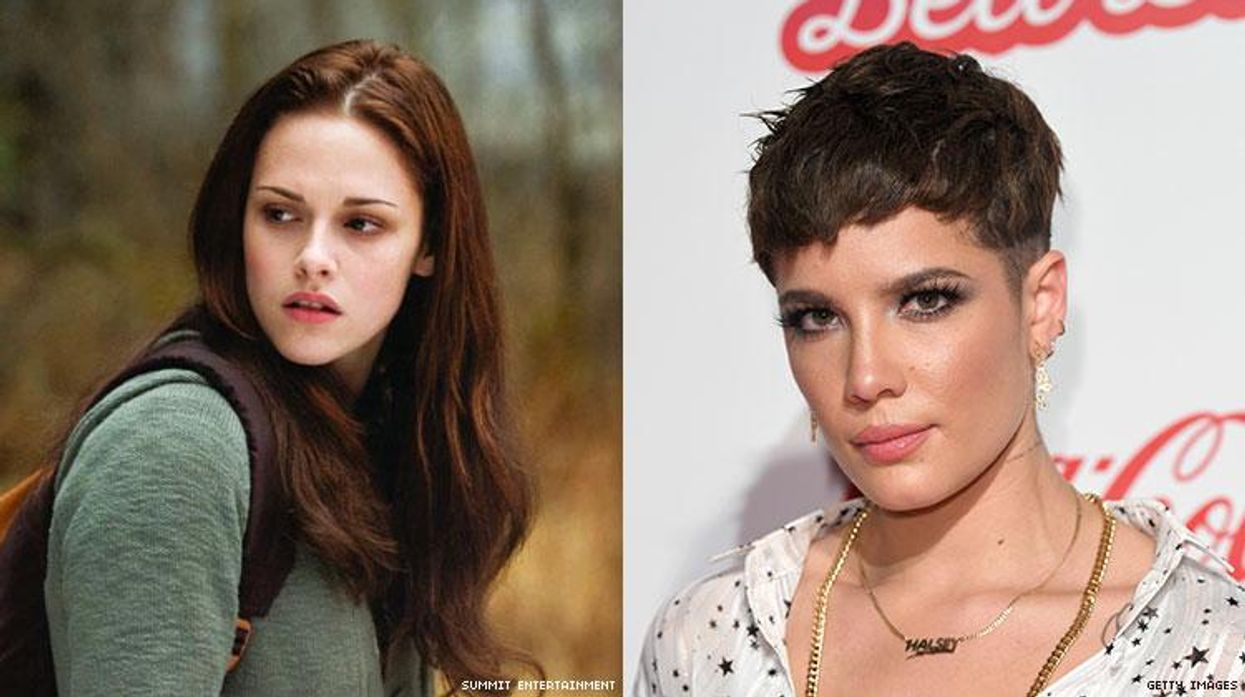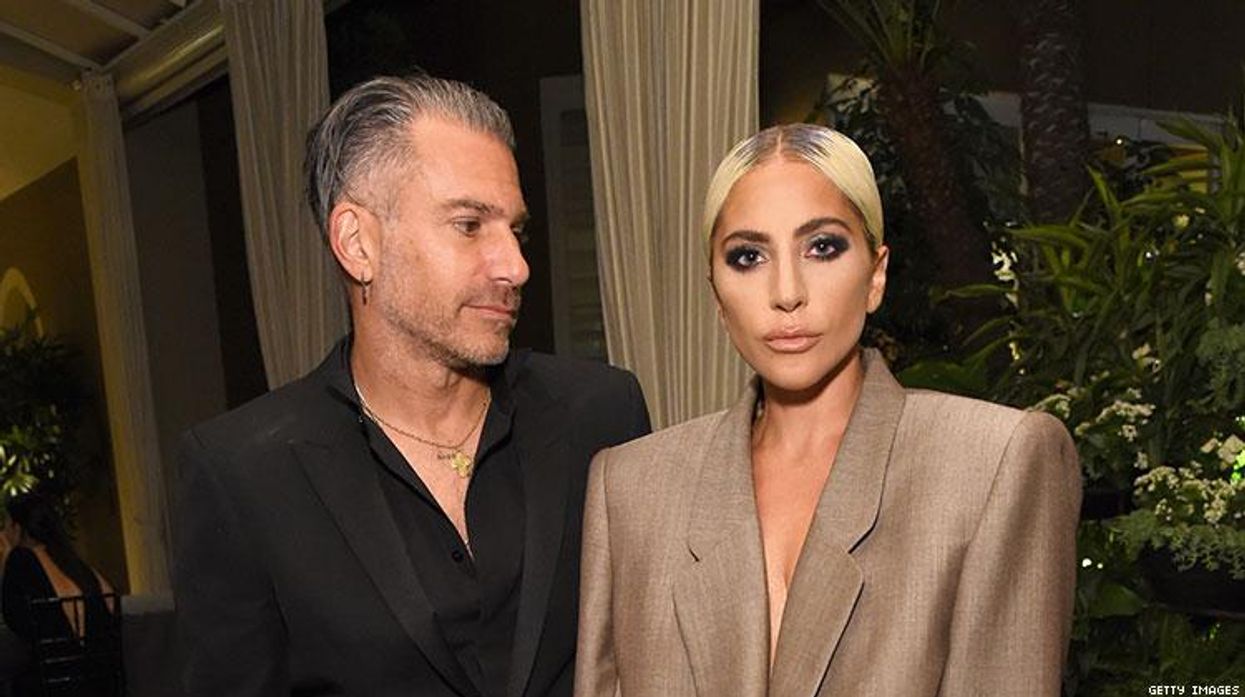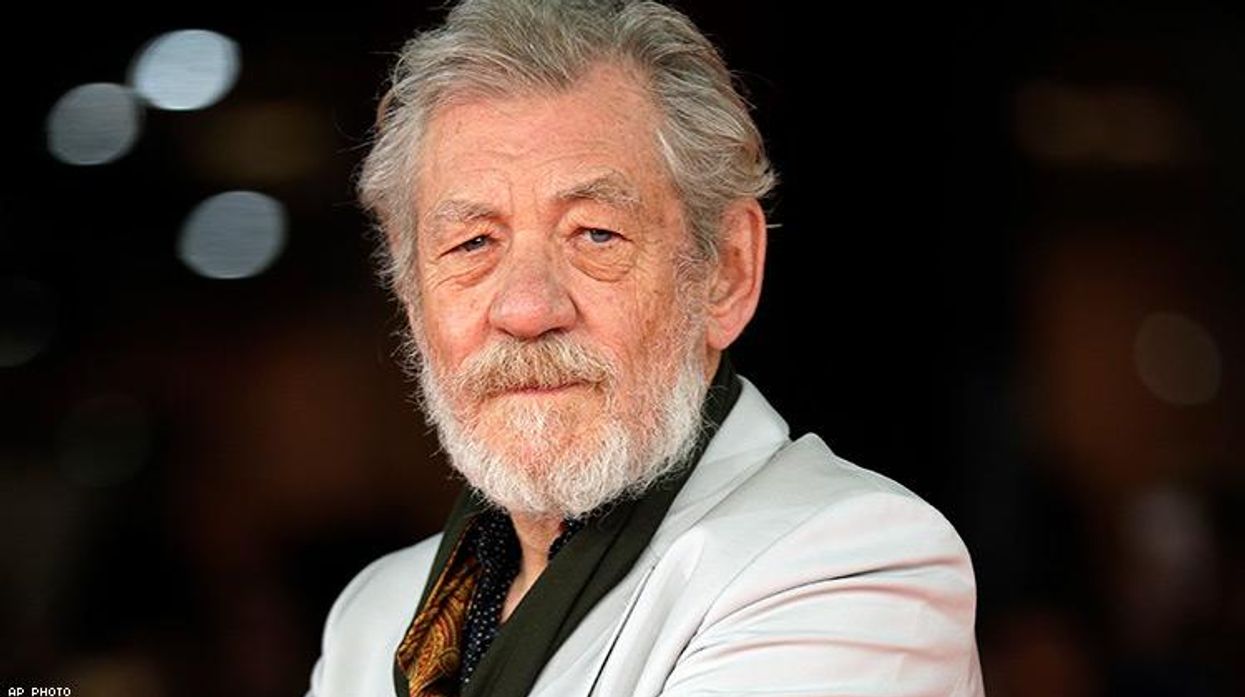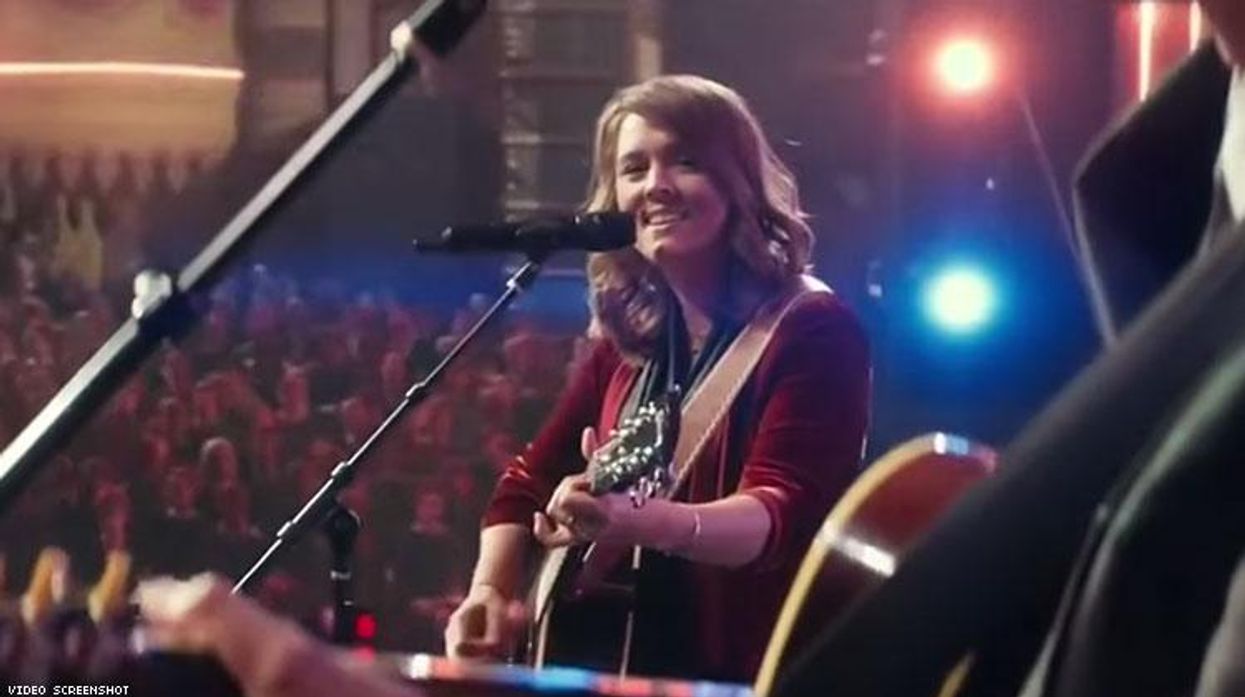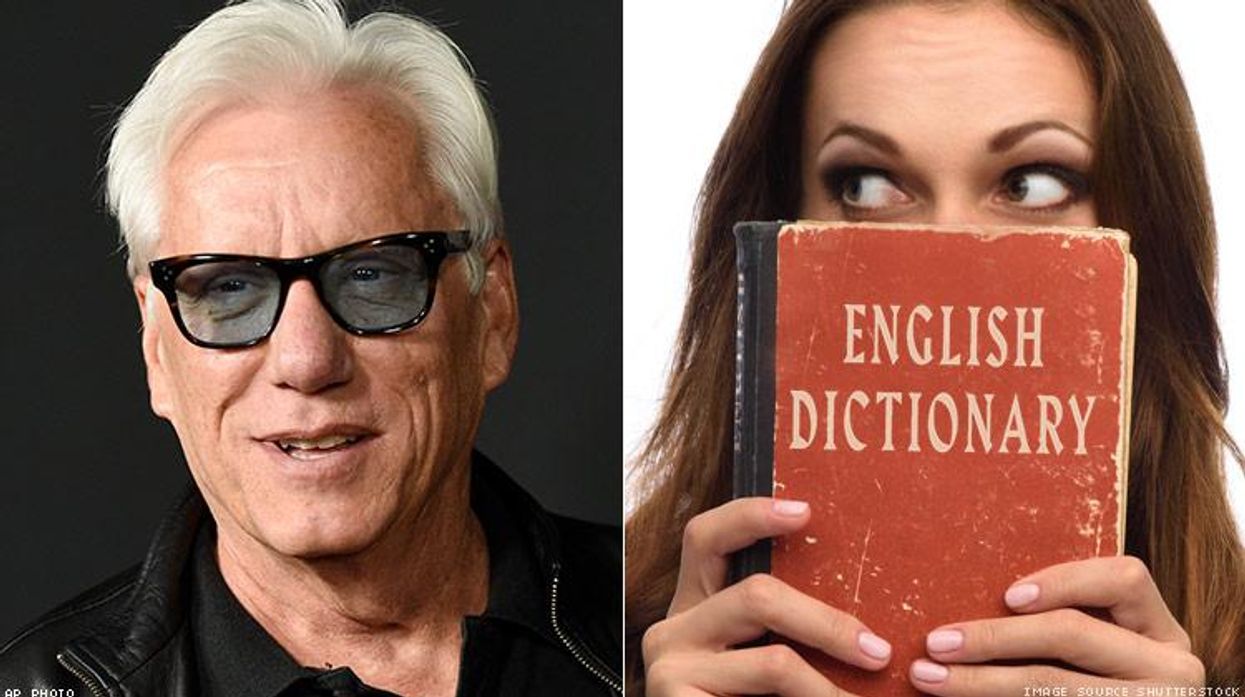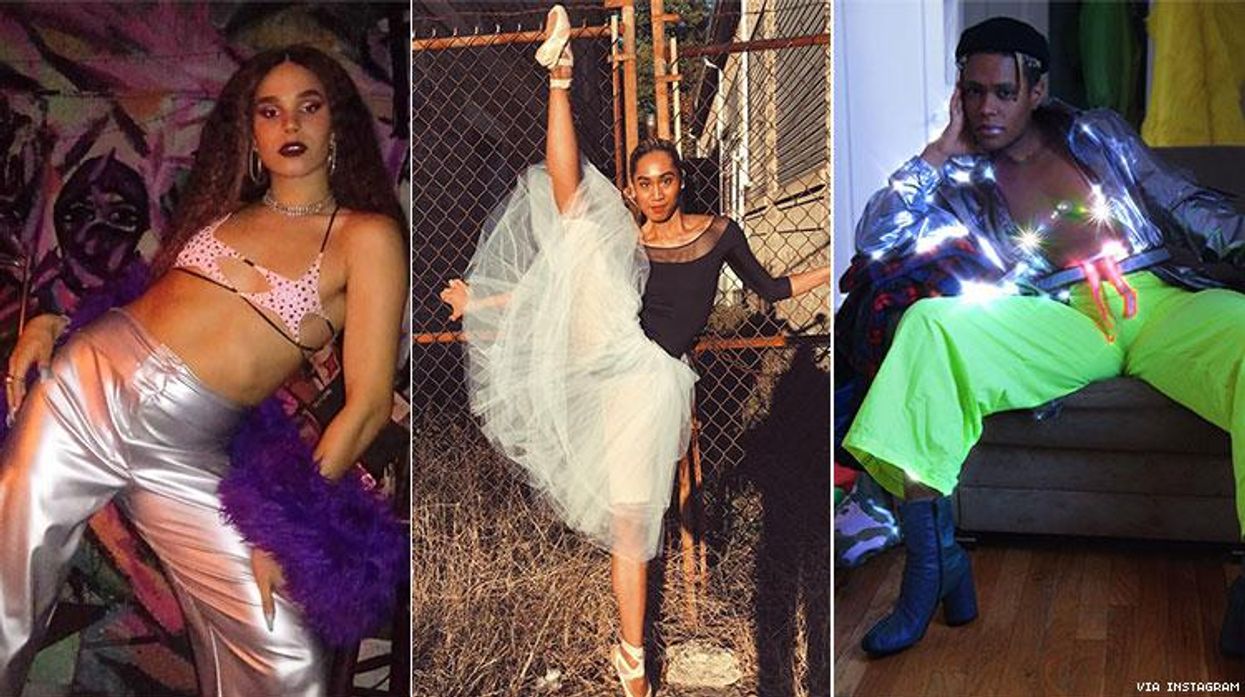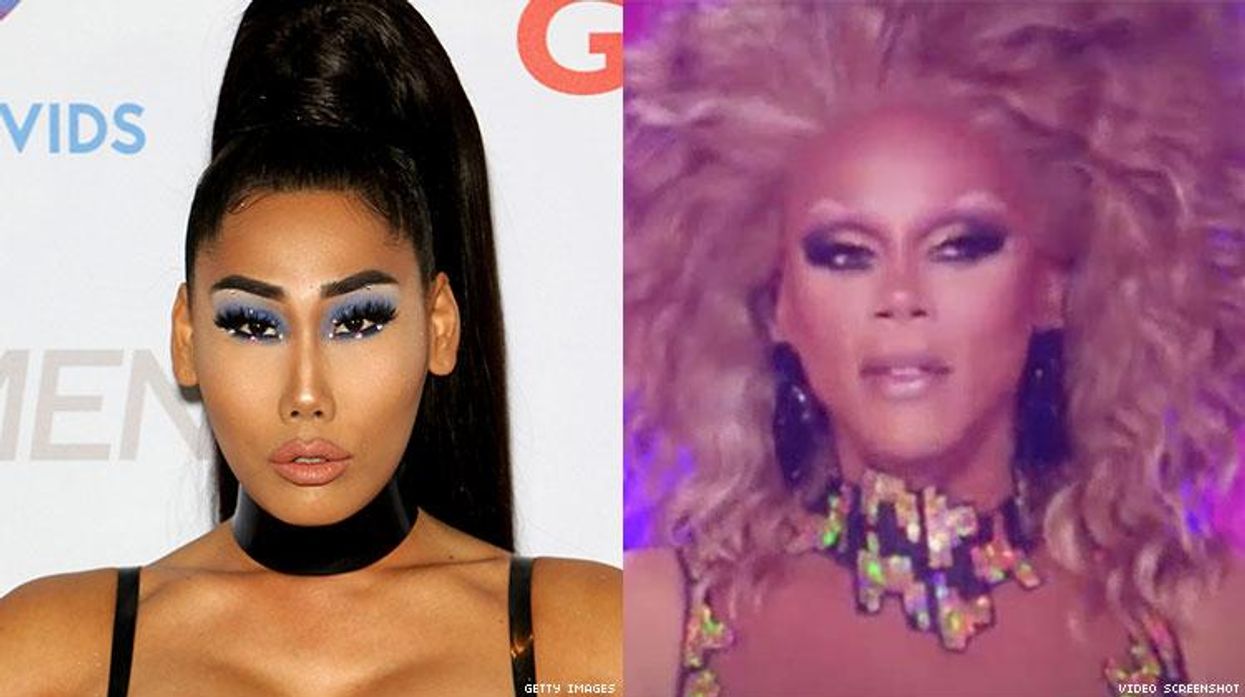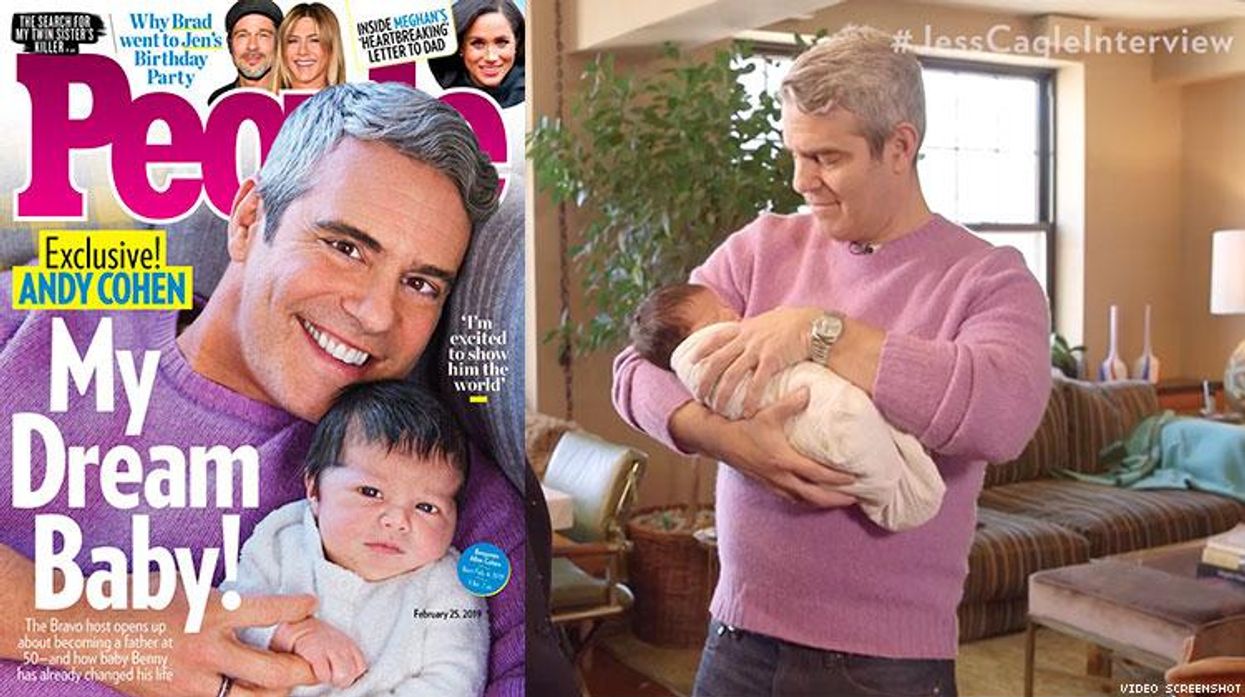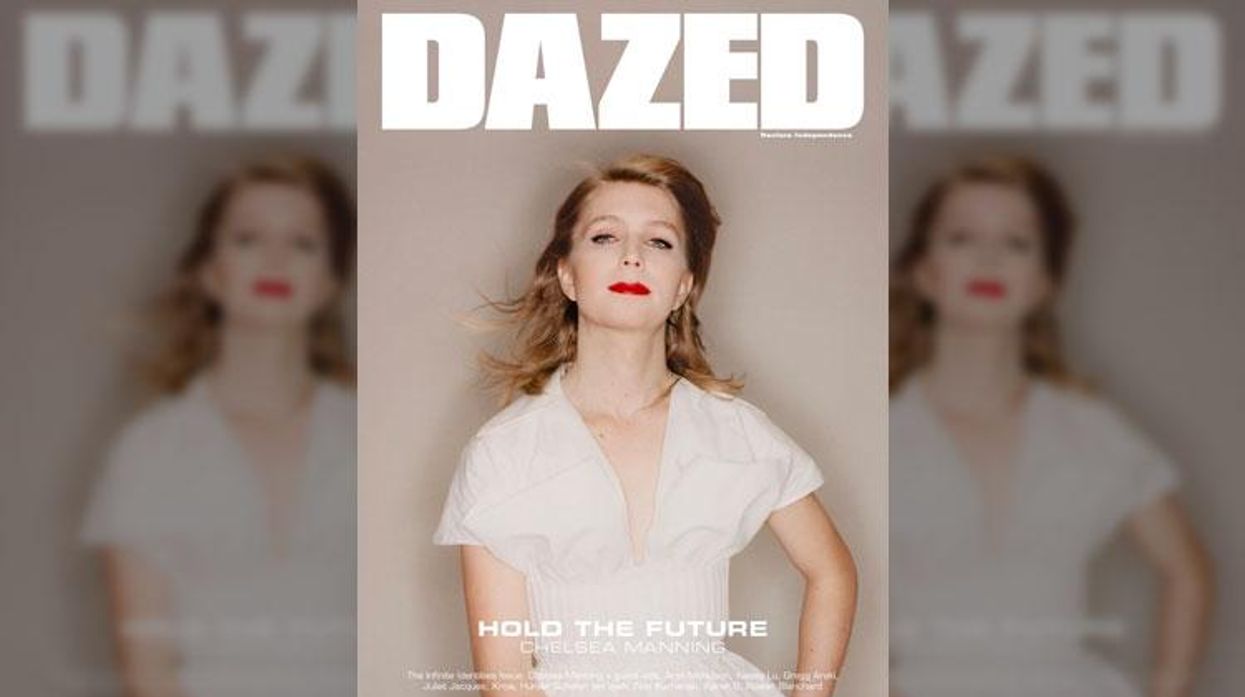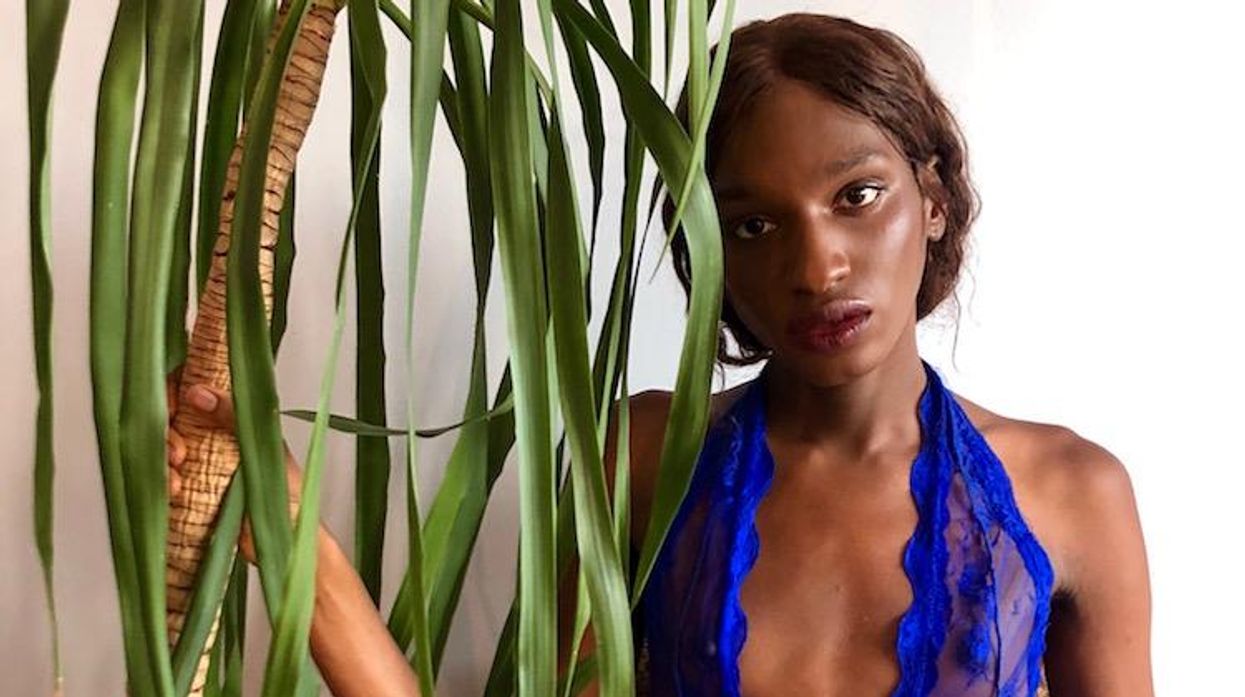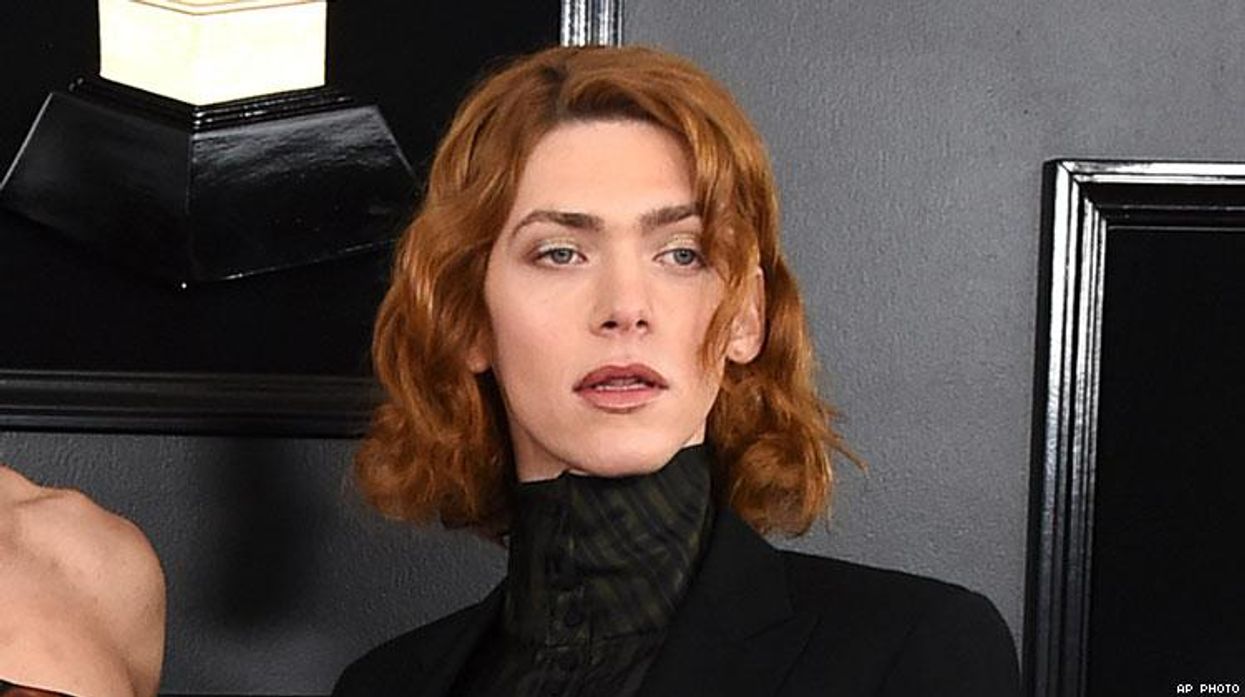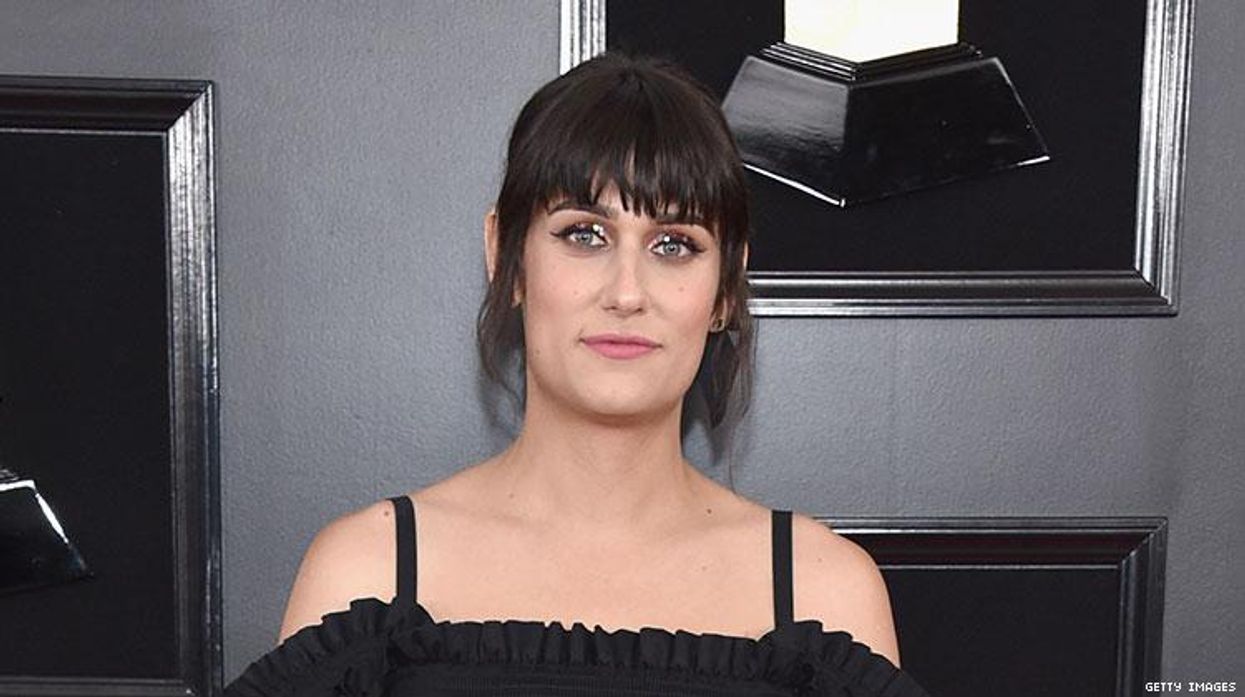To many people, including homosexual men and women, the idea of gay history in America often appears to have a finite beginning: June 28th, 1969, the night of the Stonewall Riots in New York's Greenwich Village. But, of course, we all know that just serves as a point of conflict that brought light to a group of people who had always been an active part -- albeit quietly so --of society . But Slate.com points out that the new book by author Michael Bronski -- titled A Queer History of the United States looks more deeply into the impact of gay citizens on the course of American history and its culture. From examples of (the original Americans) Native American's more accepting -- sometimes even reverential -- view of same-sex oriented tribe members to the rumored homosexuality of historical luminaries like Emily Dickinson, Abraham Lincoln and Eleanor Roosevelt, Johann Hari of Slate pinpoints Bronski's hypothesis on what the gay "historical mission" is and was: "to expose Puritanism, scolding, and sexual intolerance." Bronski credits the queer community with providing a balance and counter-movement to religious and political extremism -- a naysaying minority that helps avoid mob mentality and 'groupthink' that can be a detriment to a society. Even as early as 1624, a group of rebels set forth to establish their own mini-township near Boston called Merrymount -- named after a colloquial term of the era meaning illicit sexual activity. Needless to say the town was demolished a few years after its establishment.
Hari's analysis of the book brings up a particularly potent question though -- that of gay marriage, which is obviously on the forefront of many people's minds currently, both gay and straight. While enormous progress is being made, and the inevitable tipping point may be in the not-so-distant future, Hari points out that Bronski questions the validity in this ongoing quest to be recognized, in the eyes of society at large, as the same as everyone else. "Is the point of the gay struggle to say we are essentially the same as straight people, or is it to say we are different and glad to be so?" he asks. Bronski goes on to criticize the fight for marriage equality, saying that the gay community should demand the abolishment of the institution of marriage completely instead. Hari says that this coda to the book, a plea to reject matrimony as it goes against the very American ideals of individual freedom and autonomy, is where the author loses steam and coherence. Regardless, it's an interesting point to make, one we've mulled over many times before: while fundamentally, we -- as humans -- are more similar than different (cue Shylock's "If you prick us, do we not bleed?"), is are we asking for equality or homoginization? Can we not create a new traditional experience that sets us apart from the heterosexual American experience, one that we can claim as our own. Or is recognition and practice of equal treatment of all US citizens -- the powerful and essential crux of the Constitution -- more important? It's worth thinking over on the eve of what could be America finally embracing gay marriage -- do we celebrate being welcomed to the club, or do we, as has often been the case, start our own, better, more fabulous and exclusive club, and relish in our rebellion?
The article is quite thought provoking and though (full disclosure:) we haven't read the book (yet), this certainly entices us to pick it up. And we'd love to hear from you, dear reader, about where you stand on the history, and more importantly the future, of the historical impact of gay culture in America.


